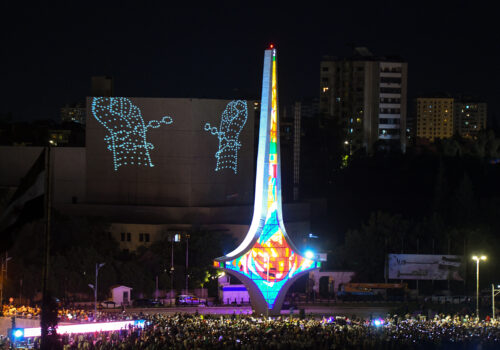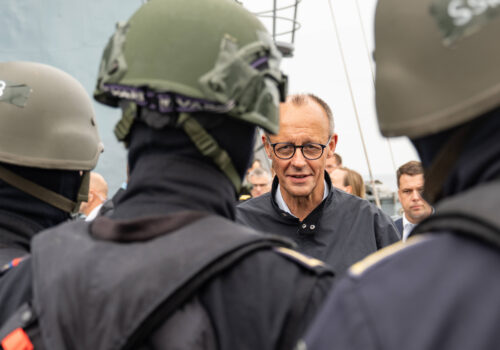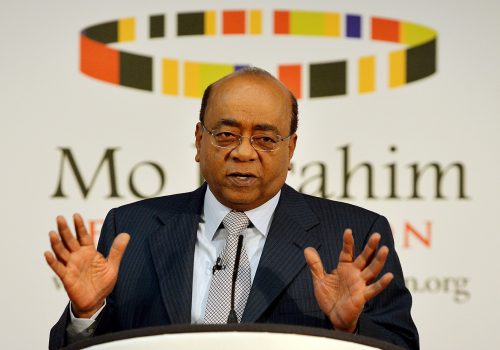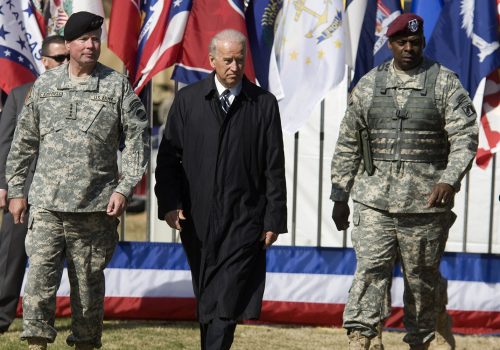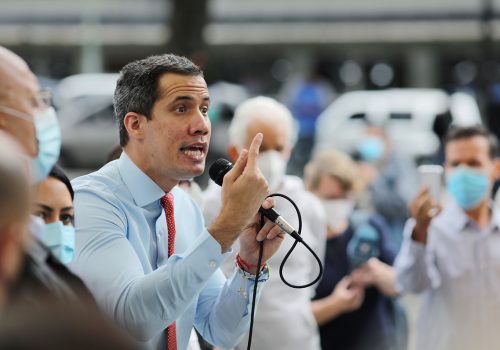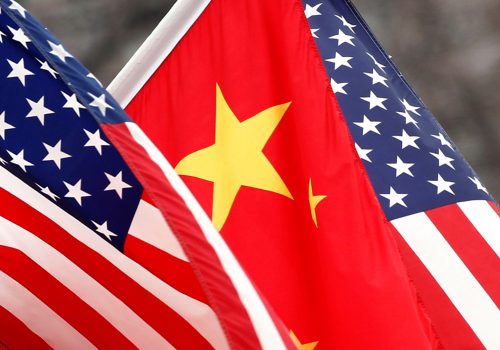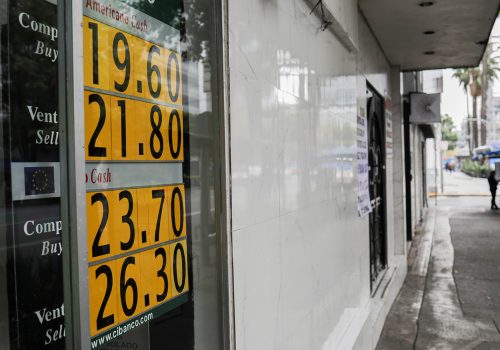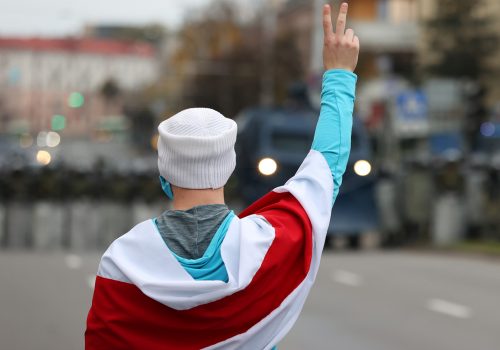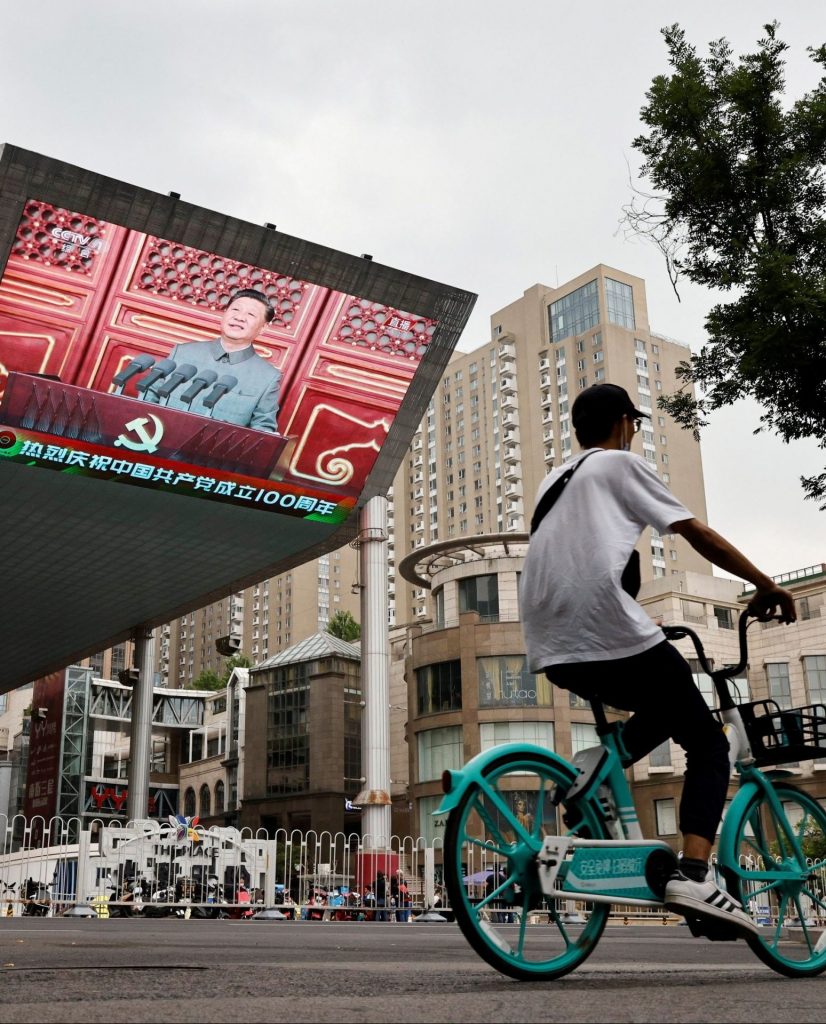
Sharp insights and bold ideas from across the Council
From climate change to the China challenge and the contest between democracy and dictatorship, the New Atlanticist is where top experts and policymakers at the Atlantic Council and beyond offer exclusive insight on the most pressing global challenges—and the US role in addressing them alongside allies and partners.
The Council’s flagship section features big ideas, groundbreaking research, lightning-fast expert reactions, in-depth analyses, and thought-provoking commentary to shape public policy.
